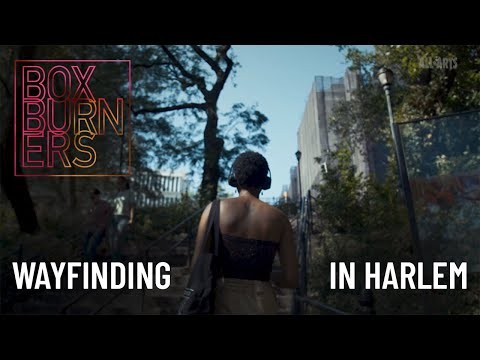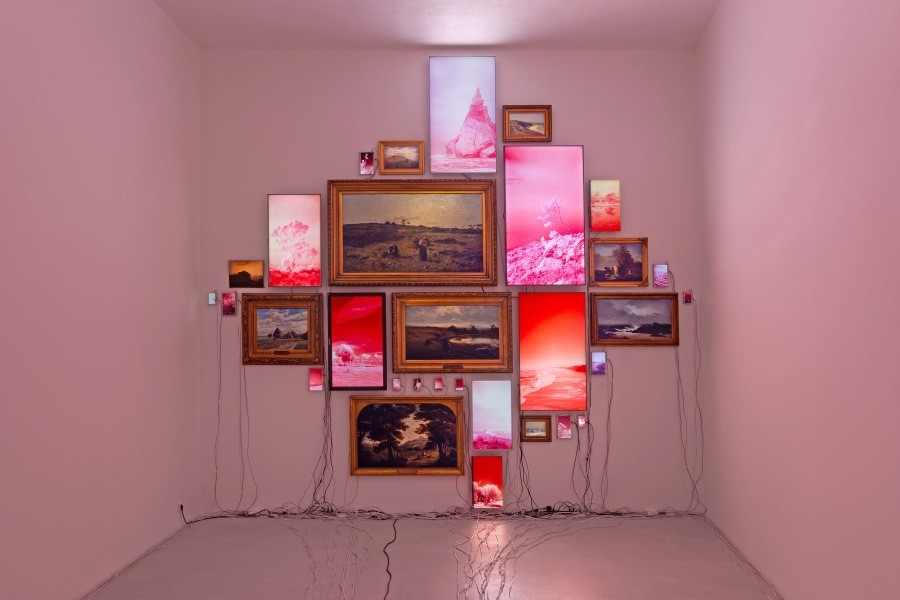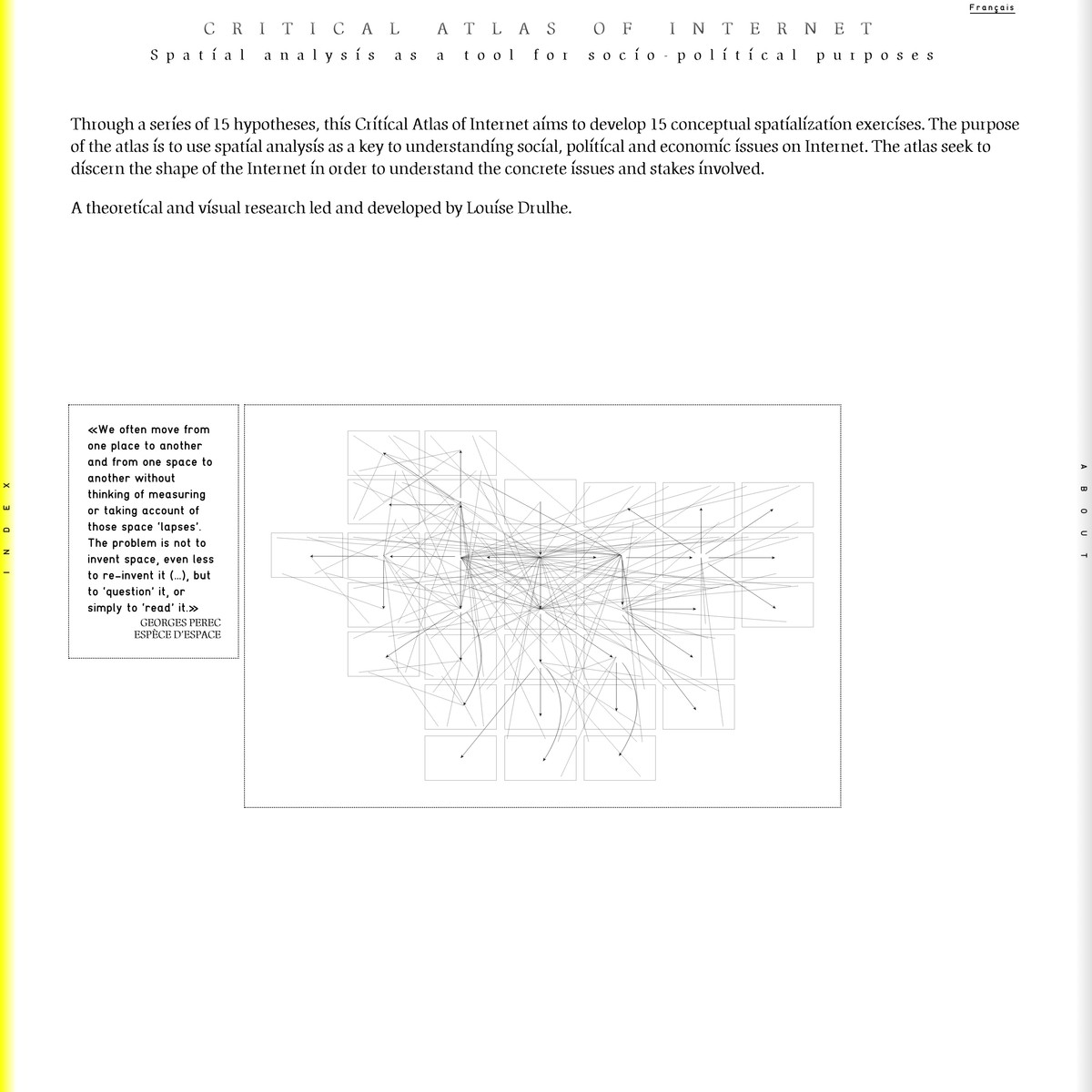syn·site
1: BLIP. Any experience, exchange, environment, observation, object, or relationship of objects crystallized in a networked space — whether actual or virtual — distinguished by an equation of universal and specific inputs. » Gazing into the hyper-saturated yellow-green pool of soggy, disintegrated oak pollen, she found herself briefly immersed in a SYN-SITE of her childhood home and #ADFF2F.
2: COMPOUNDING. A compounding reconfiguration of distilled fragments — fragments of selves, sites, and associations. It activates at the intersection of the specific and the abstract, the internal and external, the actual and the virtual, the organic and the synthetic. It's at once an artwork and a network, at once a space and a memory. Realized, it approximates a crystallized, collaborative consciousness. » John aspires to create a grand web-based SYN-SITE, an interactive sculpture park that exists as a conceptual re-working of the state of Texas.
< ORIGIN > The SITE/NON-SITE theories of Robert Smithson, revisited in light of today's NETWORK AESTHETICS. < CONTRA > In both its blip and compounding manifestations, SYN-SITE disrupts DRIFT
1: BLIP. Any experience, exchange, environment, observation, object, or relationship of objects crystallized in a networked space — whether actual or virtual — distinguished by an equation of universal and specific inputs. » Gazing into the hyper-saturated yellow-green pool of soggy, disintegrated oak pollen, she found herself briefly immersed in a SYN-SITE of her childhood home and #ADFF2F.
2: COMPOUNDING. A compounding reconfiguration of distilled fragments — fragments of selves, sites, and associations. It activates at the intersection of the specific and the abstract, the internal and external, the actual and the virtual, the organic and the synthetic. It's at once an artwork and a network, at once a space and a memory. Realized, it approximates a crystallized, collaborative consciousness. » John aspires to create a grand web-based SYN-SITE, an interactive sculpture park that exists as a conceptual re-working of the state of Texas.
< ORIGIN > The SITE/NON-SITE theories of Robert Smithson, revisited in light of today's NETWORK AESTHETICS. < CONTRA > In both its blip and compounding manifestations, SYN-SITE disrupts DRIFT
SYN (along with, at the same time | from Greek SYN, with | ~SYNTHETIC) + SITE (N: point of event, occupied space, internet address; V: to place in position | from Latin SITUS, location, idleness, forgetfulness | ~WEBSITE ¬cite ¬sight), cf. SITE/NON-SITE (from Robert Smithson, A PROVISIONAL THEORY OF NONSITES, 1968)
It’s not a physical landscape. It’s a term reserved for the new technologies. It’s a landscape in the future. It’s as though you used technology to take you off the ground and go like Alice through the looking glass.
It’s not a physical landscape. It’s a term reserved for the new technologies. It’s a landscape in the future. It’s as though you used technology to take you off the ground and go like Alice through the looking glass.
It’s not a physical landscape. It’s a term reserved for the new technologies. It’s a landscape in the future. It’s as though you used technology to take you off the ground and go like Alice through the looking glass.
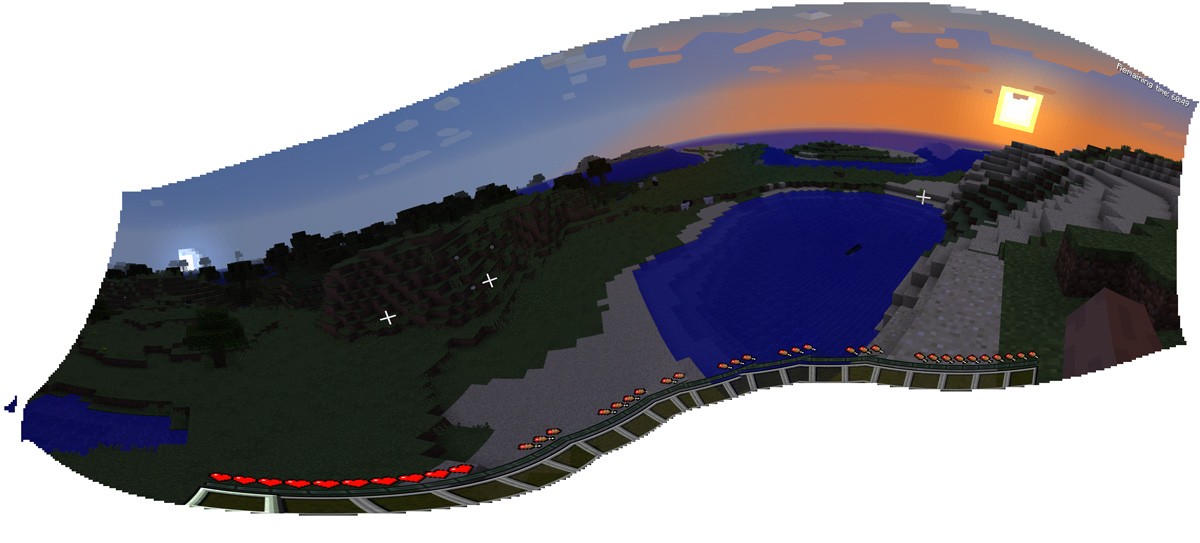


For a sense of why the ambiguity arises, consider how we experience geography in everyday life. We might suppose there is a unique “real” shape to the landscape—what Google Earth shows—but in practice the shape is defined by the experience of being embedded within that landscape, and that experience can vary. [...] When we eschew the view from on high, we can no longer make definitive statements about what is where.
In an epiphany in 1915, Einstein realized that the ambiguity is not a bug but a feature. He noted that we never observe places to have absolute locations, anyway. Instead we assign positions based on how objects are arranged relative to one another, and—crucially—those relative locations are objective. [...] If the landscape buckled or flowed while preserving these relations, the denizens would never know. So it is for spacetime.
[...] When we say it's located at such and such a place, we're really using a shorthand for its relations to other landmarks. Lacking definitive coordinates, the cafeteria must be situated by the things within and around it. [...]
General relativity confounds our intuitive picture of space as a kind of container in which material objects reside and forces us to search for an entirely new conception of place.
For a sense of why the ambiguity arises, consider how we experience geography in everyday life. We might suppose there is a unique “real” shape to the landscape—what Google Earth shows—but in practice the shape is defined by the experience of being embedded within that landscape, and that experience can vary. [...] When we eschew the view from on high, we can no longer make definitive statements about what is where.
In an epiphany in 1915, Einstein realized that the ambiguity is not a bug but a feature. He noted that we never observe places to have absolute locations, anyway. Instead we assign positions based on how objects are arranged relative to one another, and—crucially—those relative locations are objective. [...] If the landscape buckled or flowed while preserving these relations, the denizens would never know. So it is for spacetime.
[...] When we say it's located at such and such a place, we're really using a shorthand for its relations to other landmarks. Lacking definitive coordinates, the cafeteria must be situated by the things within and around it. [...]
General relativity confounds our intuitive picture of space as a kind of container in which material objects reside and forces us to search for an entirely new conception of place.
For a sense of why the ambiguity arises, consider how we experience geography in everyday life. We might suppose there is a unique “real” shape to the landscape—what Google Earth shows—but in practice the shape is defined by the experience of being embedded within that landscape, and that experience can vary. [...] When we eschew the view from on high, we can no longer make definitive statements about what is where.
In an epiphany in 1915, Einstein realized that the ambiguity is not a bug but a feature. He noted that we never observe places to have absolute locations, anyway. Instead we assign positions based on how objects are arranged relative to one another, and—crucially—those relative locations are objective. [...] If the landscape buckled or flowed while preserving these relations, the denizens would never know. So it is for spacetime.
[...] When we say it's located at such and such a place, we're really using a shorthand for its relations to other landmarks. Lacking definitive coordinates, the cafeteria must be situated by the things within and around it. [...]
General relativity confounds our intuitive picture of space as a kind of container in which material objects reside and forces us to search for an entirely new conception of place.
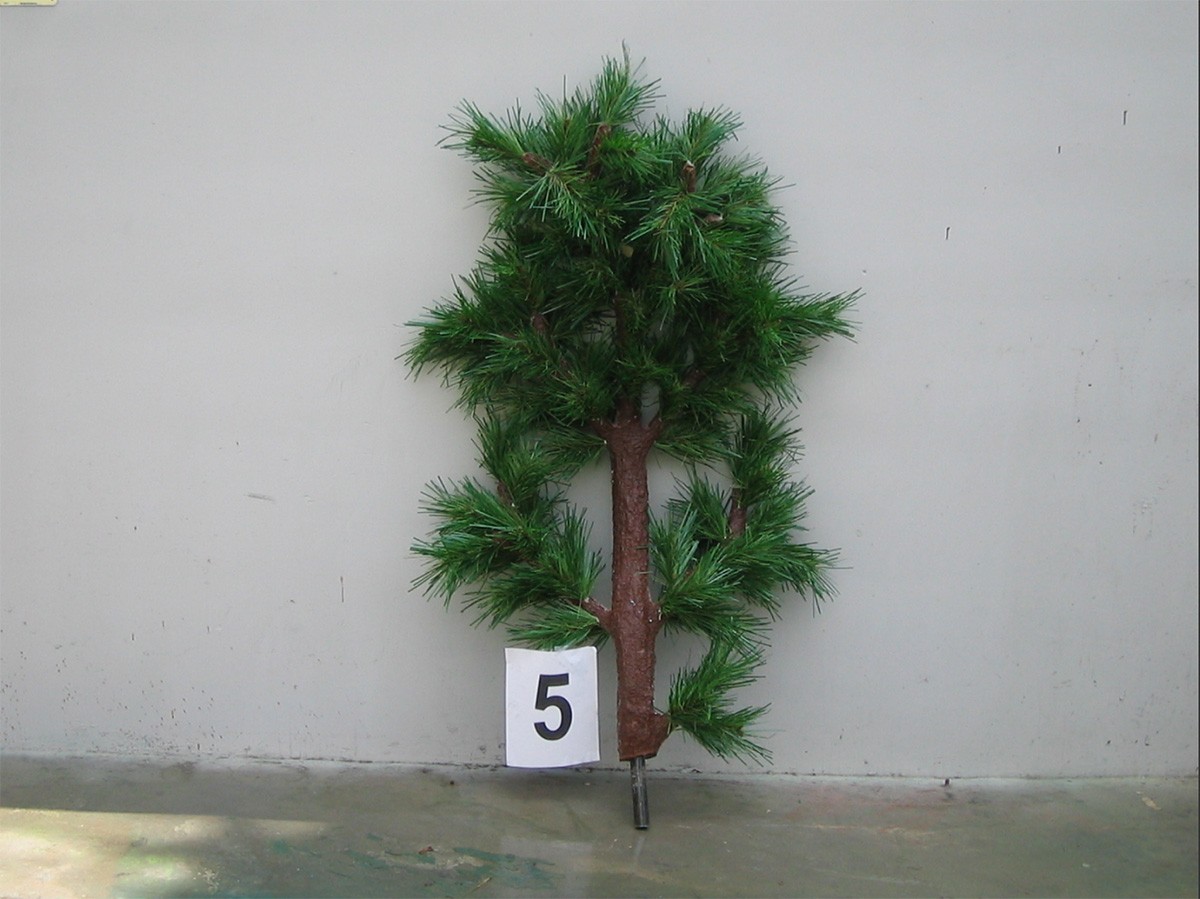


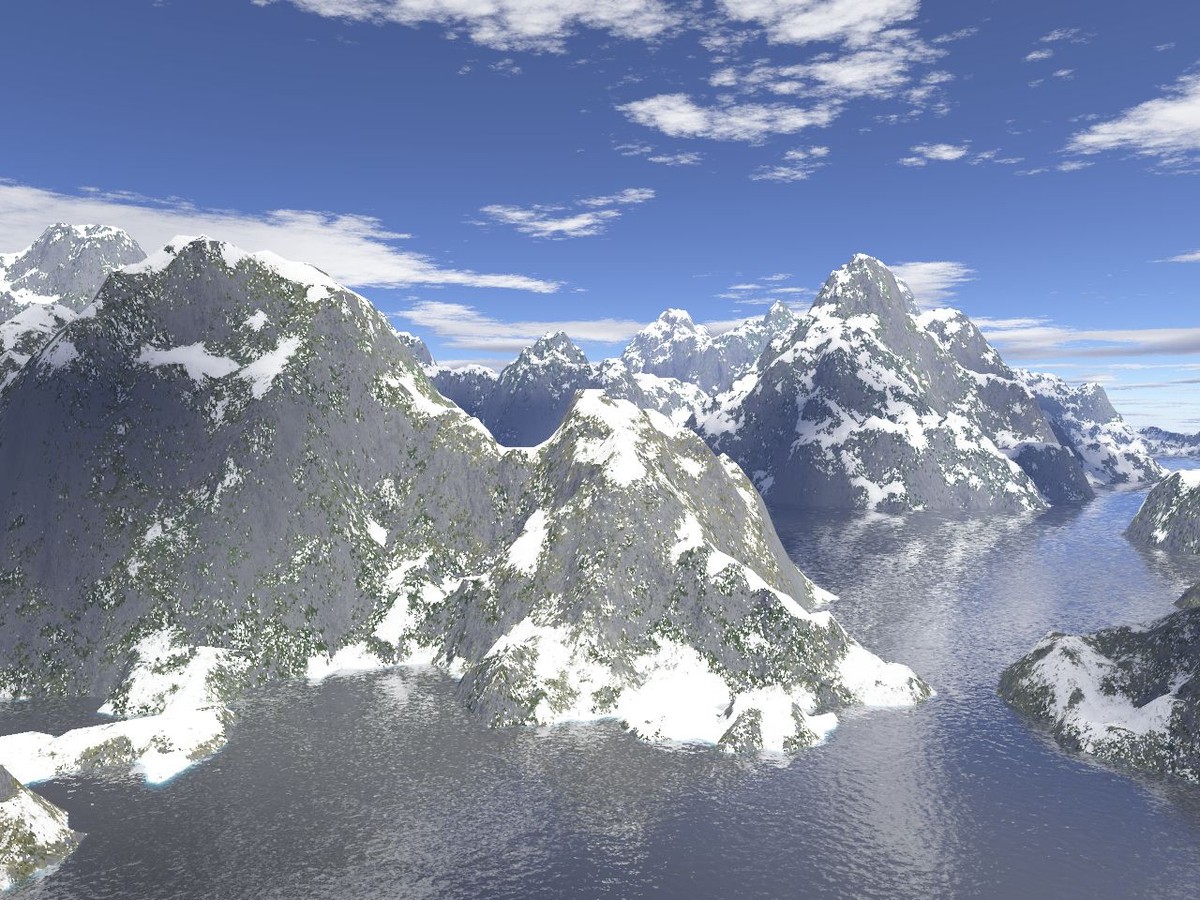


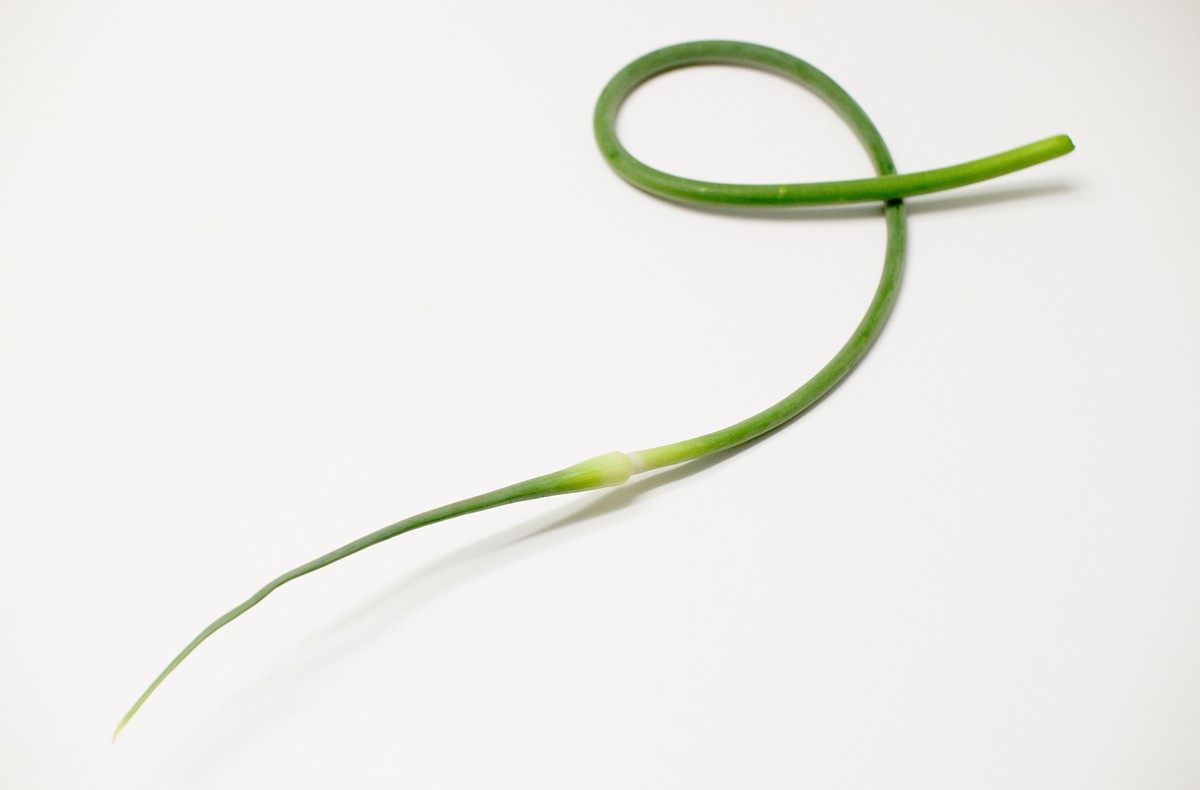


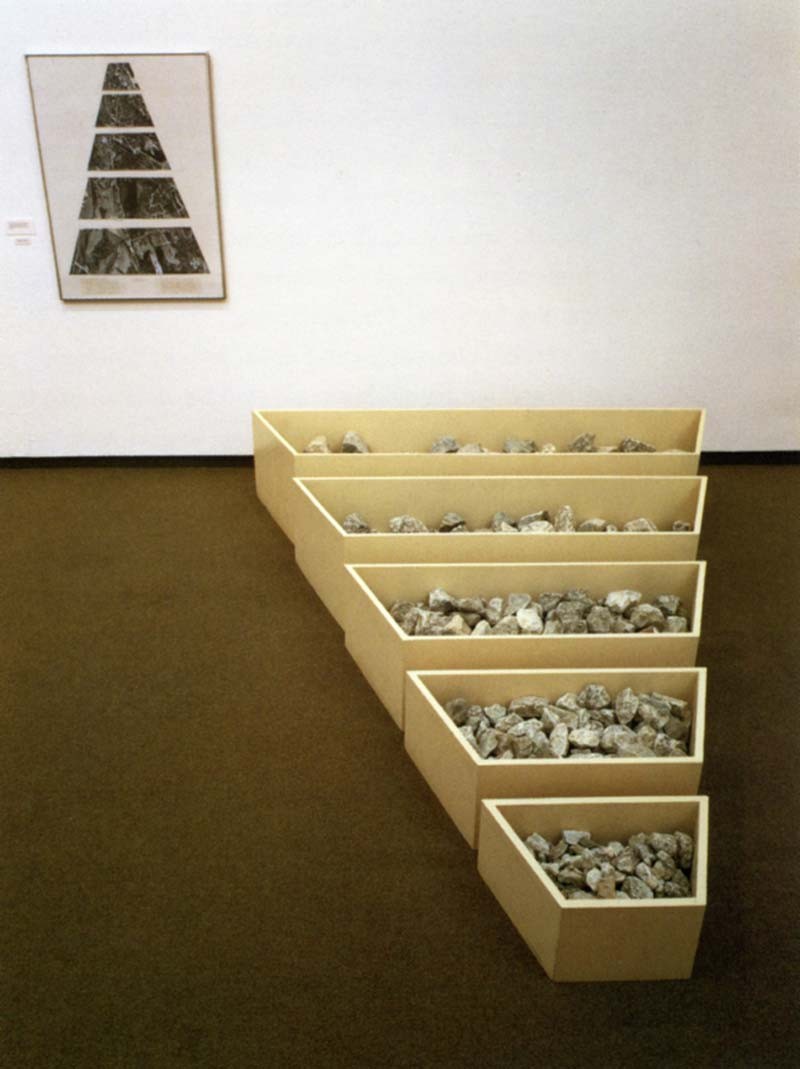


scape verb
\ ˈskāp \
scaped; scaping
Definition of scape (Entry 1 of 3)
: escape
"some innocents scape not the thunderbolt" (William Shakespeare)
scape noun (1)
Definition of scape (Entry 2 of 3)
1: a peduncle arising at or beneath the surface of the ground in an acaulescent plant (such as the tulip)
broadly : a flower stalk
2: the shaft of an animal part (such as an antenna or feather)
scape noun (2)
Definition of scape (Entry 3 of 3)
: a view or picture of a scene —usually used in combination
//city scape
scape verb
\ ˈskāp \
scaped; scaping
Definition of scape (Entry 1 of 3)
: escape
"some innocents scape not the thunderbolt" (William Shakespeare)
scape noun (1)
Definition of scape (Entry 2 of 3)
1: a peduncle arising at or beneath the surface of the ground in an acaulescent plant (such as the tulip)
broadly : a flower stalk
2: the shaft of an animal part (such as an antenna or feather)
scape noun (2)
Definition of scape (Entry 3 of 3)
: a view or picture of a scene —usually used in combination
//city scape
scape verb
\ ˈskāp \
scaped; scaping
Definition of scape (Entry 1 of 3)
: escape
"some innocents scape not the thunderbolt" (William Shakespeare)
scape noun (1)
Definition of scape (Entry 2 of 3)
1: a peduncle arising at or beneath the surface of the ground in an acaulescent plant (such as the tulip)
broadly : a flower stalk
2: the shaft of an animal part (such as an antenna or feather)
scape noun (2)
Definition of scape (Entry 3 of 3)
: a view or picture of a scene —usually used in combination
//city scape
